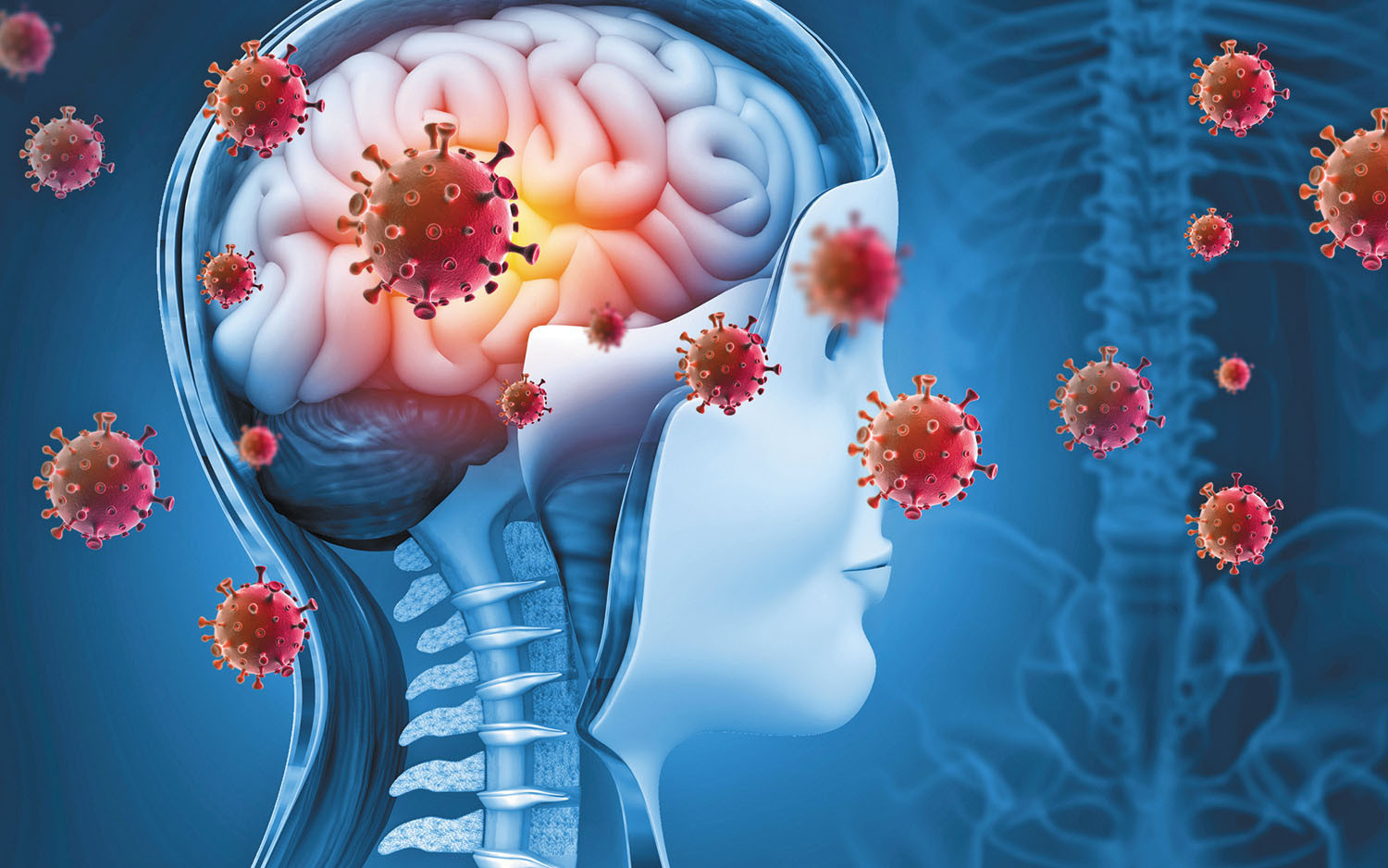
5 timeless habits for better health

What are the symptoms of prostate cancer?

Is your breakfast cereal healthy?

When pain signals an emergency: Symptoms you should never ignore

Does exercise give you energy?

Acupuncture for pain relief: How it works and what to expect

How to avoid jet lag: Tips for staying alert when you travel

Biofeedback therapy: How it works and how it can help relieve pain

Best vitamins and minerals for energy

Should you take probiotics with antibiotics?
Mind & Mood Archive
Articles
Some blood pressure drugs may lower dementia risk
Taking antihypertension drugs to lower blood pressure that also stimulate type 2 and 4 angiotensin II receptors in the brain may offer protection against Alzheimer’s disease and other dementias.
The buddy system
Loneliness is one of the greatest health risks facing older adults. The antidote to loneliness is more social engagement. Developing new friendships and maintaining existing ones is one of the best ways for people to remain socially active. Recreating the environments and settings where men first built long-lasting friendships, like the workplace and sports, can help them find friends and expand their social circle.
Eating ultra-processed foods tied to cognitive decline
A 2022 study of 11,000 dementia-free people found that middle-aged participants who ate the most junk food had a faster rate (up to 28%) of cognitive decline, compared with those who ate the least junk food.
Are you healthy enough to age in place?
There are many health-related requirements for living independently in older age. For example, one needs sharp thinking skills in order to manage medications, pay bills, choose clothes for the day, and select and buy groceries; and one needs strength, balance, and flexibility in order to get up from a chair, cook, or clean. People with weakening aspects of health should talk to a doctor for potential solutions to improve or cope with health challenges in order to continue living independently.
Slowing down racing thoughts
Everyone has moments when their brain feels like it's gone haywire. When these racing thoughts take over the mind can't stay focused, feeding into a cycle of anxiety. But there are things you can do to break this cycle and regain control.
3 ways to create community and counter loneliness
Loneliness boosts risk for many health problems, and can even contribute to an early death. Many people find it hard to reach out to make new friends, but there are strategies that can help.
Can electrical brain stimulation boost attention, memory, and more?
Therapies using an electric current for brain stimulation are not new, but marketing devices for home use is a relatively recent phenomenon. While claims include better energy, focus, mood and more, current evidence doesn't support this and the FDA hasn't cleared these devices.
Does COVID-19 damage the brain?
COVID-19 can damage the brain in many ways. Initially, it can cause brain inflammation that causes confusion, difficulty concentrating, and memory problems. COVID also can cause new psychological disorders such as depression or anxiety. It can even cause people to see and hear things that aren't there and to believe things that aren't true. COVID often damages the brain's autonomic nervous system, leading to abnormalities in heart rate and blood pressure. Additionally, the virus that causes COVID can infect and injure the lining of blood vessels and make blood clot more easily, which can lead to strokes and heart attacks.
Anxiety overload
Anxiety often brings physical sensations ranging from dry mouth, nausea, or sweaty hands to more severe symptoms such as dizziness, shortness of breath, or a racing heart. Extreme symptoms can manifest as anxiety attacks and cause people to avoid everyday activities. Cognitive behavioral therapy (CBT) is considered the gold standard treatment for extreme anxiety. One common form of CBT involves exposing people to stressful situations to learn how to cope.

5 timeless habits for better health

What are the symptoms of prostate cancer?

Is your breakfast cereal healthy?

When pain signals an emergency: Symptoms you should never ignore

Does exercise give you energy?

Acupuncture for pain relief: How it works and what to expect

How to avoid jet lag: Tips for staying alert when you travel

Biofeedback therapy: How it works and how it can help relieve pain

Best vitamins and minerals for energy

Should you take probiotics with antibiotics?
Free Healthbeat Signup
Get the latest in health news delivered to your inbox!
Sign Up











